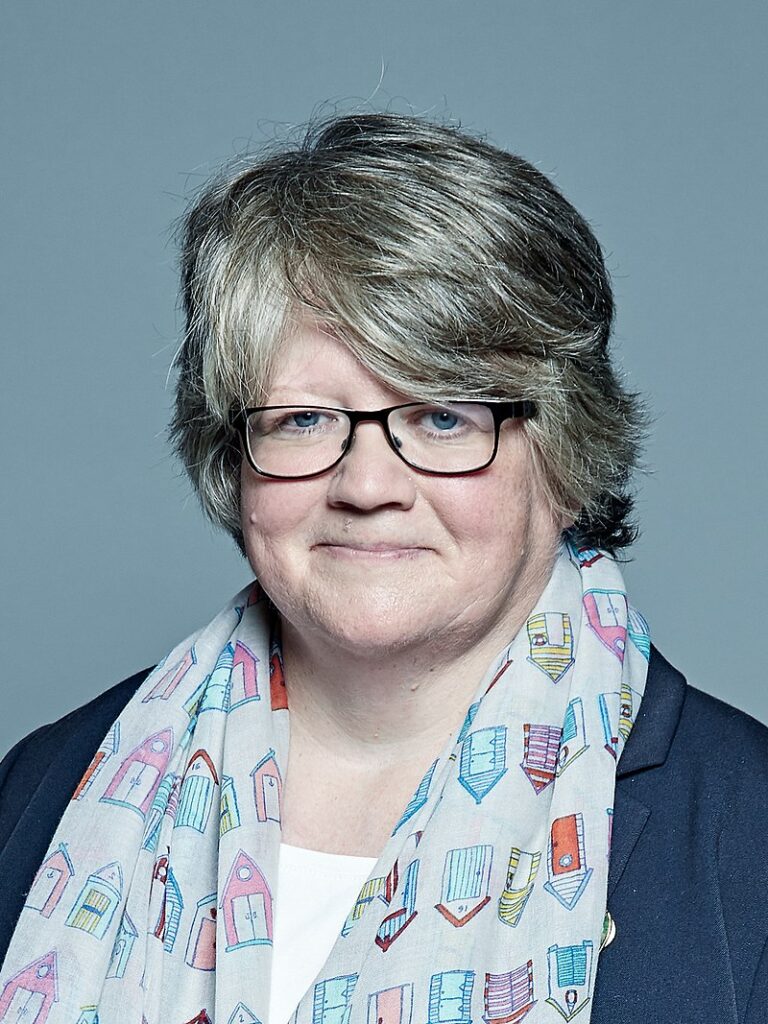Therese Coffey has written to the EFRA select committee chairman Sir Robert Goodwill to say there are “no plans to make any further changes” to the avian influenza compensation scheme.
In December, Sir Robert wrote to Coffey to call on the secretary of state for Defra to revise the compensation scheme so that compensation is paid based on the number of birds alive in the affected flock at the point of disease notification rather than the number of birds that are culled.
A response sent by Coffey nearly three months later has now been published, in which she declines to change the scheme.
In her letter Coffey writes that compensation is paid by HM Government for healthy birds culled for avian influenza disease control purposes. “This is designed to promote prompt reporting of suspicion of disease. It is not intended to compensate for animals that will die from a particular disease.”
To provide greater clarity about entitlement to compensation and better reflect the impact of outbreaks on infected premises, changes to the compensation scheme were announced on the 28 October 2022. APHA’s assessments of the health of birds is now be made at the outset of planned culling or within 48 hours of the decision to cull affected birds, whichever is shorter.
“The department has no plans to make any further changes, recognising the purpose of the scheme,” Coffey wrote.
Sir Robert also asked Coffey how she would support farms seeking to restock following an avian influenza outbreak. Again, Coffey said there would be no further support, implying to do so may reward farmers with poor biosecurity.
“Keepers at infected premises have a choice to either wait 12 months before restocking birds or undertake secondary cleansing and disinfection to enable them to restock earlier,” Coffey wrote. “The choice is therefore a commercial decision for the keeper.
“APHA work with keepers throughout the process to explain the requirements and monitor the effectiveness of C&D in order to support restocking. In many of the recent avian influenza outbreaks, epidemiological investigations have unfortunately highlighted a strong correlation to insufficient biosecurity measures.
“While it may seem attractive for the taxpayer to subsidise restocking efforts in order to maintain supply of poultry and eggs, we must make sure there is a level playing field within the sector.”
Later in the letter, Coffey went on to say vaccination against avian influenza was “unlikely to be a viable option” for the 2023/24 season, although Defra was working with the Veterinary Medicines Directorate (VMD) to monitor the development and availability of vaccines as they are put forward for market authorisation by vaccine manufacturers.
She added it was important to ensure our “wider trading relationship with third countries is not impeded by the use of vaccine.”


